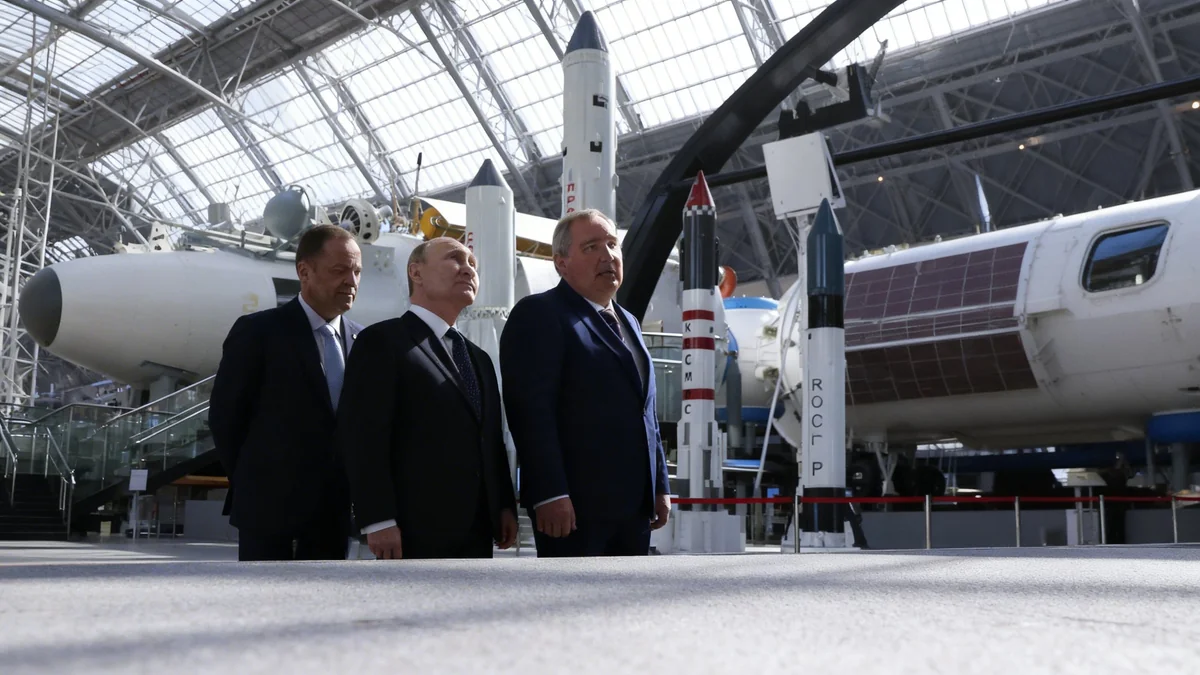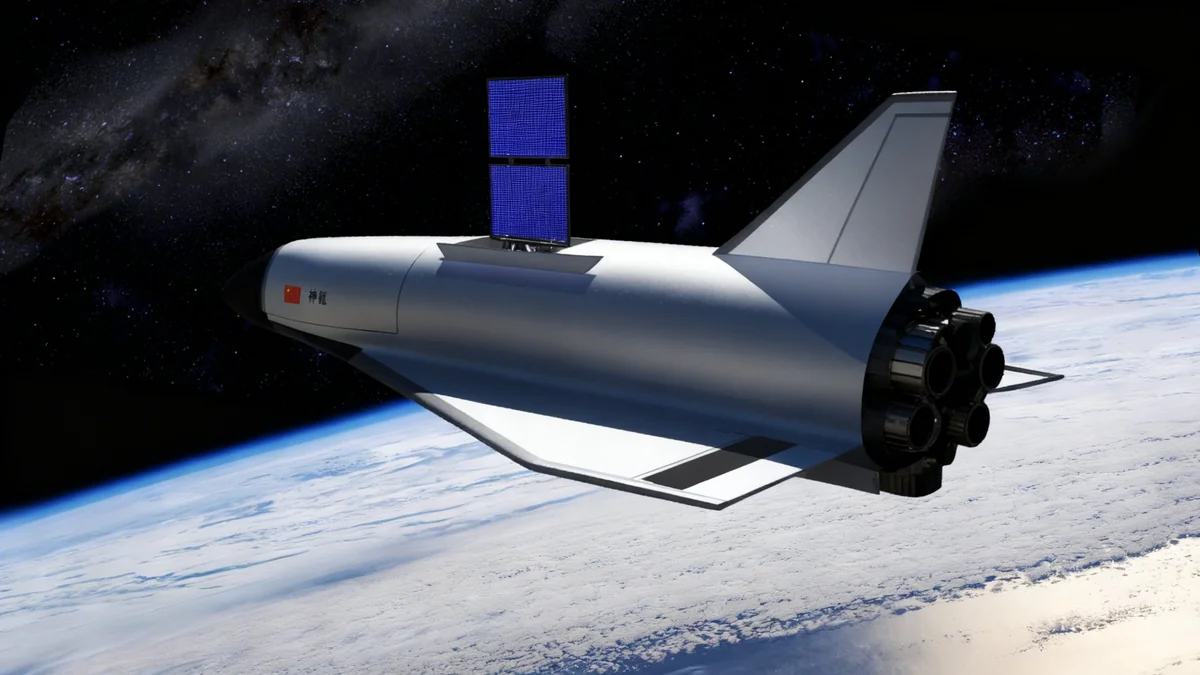Two recent high school graduates from Wisconsin have embarked on careers in the United States military, joining the Air Force and the recently established Space Force. Landon Hamer of Fond du Lac and Luis Godinez of Sheboygan are beginning their service in highly specialized fields crucial to national security and global operations.
Their commitment was recently highlighted during a community discussion with local Air Force and Space Force Recruiter Daniel Henderson, offering a glimpse into the modern opportunities available within these vital branches of the armed forces.
Key Takeaways
- Specialist Landon Hamer from Fond du Lac has joined the U.S. Space Force as a Space Systems Operator specializing in Orbital Warfare.
- Airman Luis Godinez from Sheboygan has enlisted in the U.S. Air Force in the Water and Fuel Systems career field.
- Both graduates represent a new generation entering critical roles in national defense, from safeguarding space assets to maintaining essential logistical support.
- The Space Force, established in 2019, focuses on protecting U.S. and allied interests in space, including satellite operations and global navigation.
A New Frontier: The U.S. Space Force
One of the recruits, Specialist Landon Hamer, a graduate of Horace Mann High School in Fond du Lac, has entered one of the nation's newest military branches. He will serve in the U.S. Space Force, which was established on December 20, 2019, as the first new branch of the armed forces in over 70 years.
The Space Force is tasked with a mission of global importance: protecting the interests of the United States and its allies in the increasingly vital domain of space. This includes safeguarding satellites that are essential for communication, navigation, and intelligence gathering.
The Role of a Space Systems Operator
Specialist Hamer's career field is Space Systems Operator (1C6X1), with a focus on Orbital Warfare. This is a highly technical and demanding role at the forefront of modern defense. Operators in this field are responsible for a wide range of duties critical to space domain awareness.
Their responsibilities often include:
- Detecting and tracking satellites and other objects in orbit.
- Protecting friendly satellite communication links from interference.
- Monitoring missile warnings and space launches.
- Executing command and control for a global network of space assets.
What is Orbital Warfare?
Orbital Warfare is a specialized area within space operations that involves ensuring the U.S. maintains freedom of action in space. Guardians in this field work to protect space capabilities from hostile actions, deter aggression, and, if necessary, defend against threats to U.S. and allied space systems. It is a key component of national security in the 21st century.
Hamer's role places him directly in the center of efforts to maintain the security and stability of the space environment, a domain that underpins much of modern life, from GPS navigation to international financial transactions.
Essential Support: The U.S. Air Force
Joining the U.S. Air Force is Airman Luis Godinez, a graduate of Sheboygan North High School. While the Space Force operates in the newest domain, the Air Force continues its legacy mission of dominating air and cyberspace. Godinez will serve in a field that is fundamental to the success of every Air Force mission.
His career field is Water and Fuel Systems Maintenance (3E4X1). These specialists are part of the Civil Engineer career group and are responsible for the infrastructure that keeps Air Force bases running and its aircraft flying.
Fueling the Force
According to the Defense Logistics Agency, the U.S. Department of Defense is one of the largest single consumers of petroleum in the world. In fiscal year 2022, the DoD consumed over 85 million barrels of fuel. Air Force fuel systems specialists are essential to managing this critical resource, ensuring aircraft are always ready for deployment.
The Importance of Logistics
Airman Godinez's duties will involve installing, maintaining, and repairing the complex systems that handle water, wastewater, and, most critically, aviation fuel. Without the expertise of these airmen, military aircraft cannot be refueled, and bases cannot operate effectively.
Key tasks for a Water and Fuel Systems specialist include:
- Maintaining the massive fuel storage tanks and pipeline systems on military installations.
- Ensuring the purity and quality of aviation fuel to prevent aircraft malfunctions.
- Managing base water distribution and wastewater collection systems.
- Responding to system failures to ensure continuous operational readiness.
This role is a clear example of how logistics and infrastructure support form the bedrock of military power. As Recruiter Daniel Henderson often explains to potential enlistees, every career field, whether on the front lines or in a support role, is indispensable to the overall mission.
Opportunities in Modern Military Service
The paths chosen by Specialist Hamer and Airman Godinez highlight the diverse range of career opportunities available in today's military. Service is no longer limited to traditional combat roles; it now encompasses high-tech fields in cyber and space, as well as skilled trades that are in high demand in the civilian sector.
The military provides extensive training, education benefits, and hands-on experience that can translate directly into successful post-service careers. For Hamer, his training in space operations provides a foundation for work in the burgeoning commercial space industry. For Godinez, his skills in hydraulics, plumbing, and fuel systems are valuable in numerous civilian industries.
"We are looking for motivated individuals who want to be part of something bigger than themselves," is a common sentiment expressed by military recruiters like Daniel Henderson. "Whether your interests lie in technology, engineering, healthcare, or logistics, there is a place for you to serve and build a future."
The decisions of these two young men from Wisconsin reflect a continued commitment to national service. Their careers, one aimed at the stars and the other firmly grounded in the essential work of supporting the force, demonstrate the modern, multifaceted nature of the United States armed forces.





